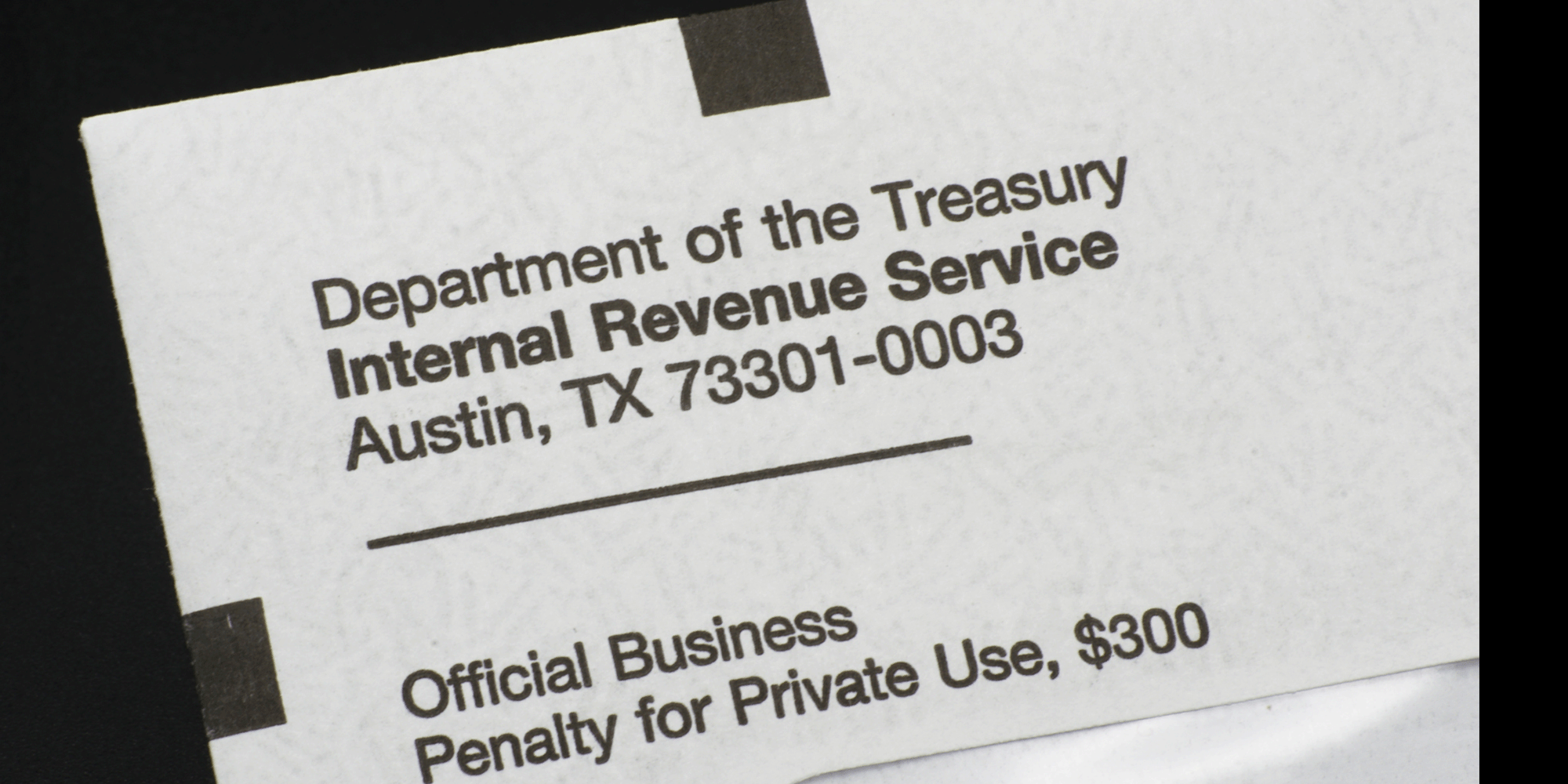Tax Compliance – The Keys to Resolving your Tax Debt
Getting out of tax debt can be a daunting task. You may have incurred the debt because of an unforeseen circumstance such as unemployment, or you may have simply made mistakes on your taxes and owe more than you expected. Regardless of what led to your situation, it is important for you to understand the steps involved in resolving your tax debt with the IRS. In this blog post, we will outline some helpful tips that could guide you through resolving your tax debt and getting back on track with filing your taxes and getting yourself into compliance with federal income tax laws.
It's usually a terrible notion to fall behind on income tax filling and payments. Not only will you owe money to the IRS, but the IRS will eventually find out and demand payment for what you didn't pay, and the interest on it. And worse, the longer you wait, the more severe your consequences will be.
Luckily, the IRS often works a deal with people who are committed to paying their tax debts and are willing to commit to a payment strategy. For those who want to pay off their tax bill but are so cash-strapped that they can't do so right away, the IRS gives alternatives. Whichever category you are in, you must comprehend the choices and pick a method that works best for you.
Below are common ways you can use to resolve your tax debt.
1. Work With A Tax Representative Who Is Registered With the IRS
The best way to get started on resolving your tax debt is by working with a tax representative who is registered with the IRS. This representative can help you understand all of your options and work out a payment plan that fits your budget. Based on your representative's relationship with the IRS, they will be able to negotiate a lower rate with the IRS, making it easier for you to pay off your tax debt.
When looking for a tax representative, make sure to do your research and ask around for recommendations. It's important to find a representative you can trust, as they will have access to your personal financial information.
If you decide to work with a tax representative, make sure you understand the fees they charge. Most representatives charge by the hour or take a percentage of what you pay the IRS. Remember, it is important to choose an authorized representative who is familiar with the latest changes in tax laws and can help you resolve your debt as quickly as possible.
2. File An Offer In Compromise
In case you are unable to repay your tax debt, filing an offer in compromise is another way you can resolve your tax bill. To qualify for this option, the IRS will need to believe that it would be difficult for you to pay back what you owe or that there's a low chance of collecting payment from you.
An offer in compromise is a written agreement between you and the IRS that allows you to pay off your tax debt for less than what you owe. In order to submit an offer, you must fill out IRS form 433-A (OIC) and provide financial information about yourself, such as your income, debts, and assets.
3. File For Bankruptcy
Filing for bankruptcy is another way to resolve your tax debt. However, this option should be used only if you are having serious financial problems and have no other options left because it can seriously damage your credit score.
If you file for Chapter 13 bankruptcy, the IRS must stop any collections action against you until after your bankruptcy is over. However, filing for bankruptcy will not erase your tax debt. And if you file for Chapter 11 bankruptcy, the IRS can still pursue you for the money you owe, but it may be easier to negotiate a payment plan.
Filing for bankruptcy should only be used as a last resort and should never be taken lightly.
4. Make An Offer To The IRS
When you don't qualify for an offer in compromise or if your financial situation has improved, make an alternative repayment strategy to the IRS. You can do this by filling out form 433-F (OIC) and submitting it with a lump sum payment that covers all of your tax debt minus any penalties and interest owed.
There's a chance that the IRS will agree to your offer. When they do, they will send you a written agreement called a closing letter. This letter will state how much you need to pay each month and when your debt will be paid off. Keep in mind that submitting an offer does not guarantee that the IRS will accept it so make sure you have a backup plan in case they decline your offer.
5. Request for Taxpayer Advocate Service
You may not qualify for all the above options. In that case, the IRS may be able to help via a low-income tax relief program or by filing form 911 (Request for Taxpayer Advocate Service). However, if none of those work out as well, then consider hiring an attorney who can meet with you and go over your options.
6. Tax debt relief programs and options
There are many tax debt relief programs and options available to taxpayers. The best way to find out which program is right for you is to speak with an authorized representative.
Some of the most common tax debt relief programs include:
- IRS payment plans
- Penalty abatement
- Innocent spouse relief
- Currently not collectible
- Installment agreements
- Currently not Collectible (CNC)
- Taxpayer Assistance Order (TAO)
There are many different options and it is very important to make sure you choose one that fits your situation. Remember, the best option is the one that gets you out of debt in the shortest amount of time.
Conclusion
The IRS offers several ways to resolve tax debt depending on your circumstances and level of income/debt. If you can't pay the entire amount, try to work out a payment plan with the IRS. If you still can't afford to pay, then file for bankruptcy or submit an offer in compromise. And if all else fails, request help from the Taxpayer Advocate Service.
We at Morris and Associates Tax Specialists have many experienced tax experts; enrolled agents with the IRS, who can help you with your tax problems. Please feel free to contact us today for a FREE Consultation at (678) 641-3193.
Best regards,
Kenneth Morris, EA
Call me: (678) 641-3193
Posts by Tag
- tax problems (48)
- tax services (41)
- How the IRS Works (39)
- Resolving tax debt (38)
- Offer in Compromise (17)
- Tax News (13)
- 2023 Taxes (11)
- Tax Relief (6)
- filing deadline (6)
- Tax Preparation (5)
- 2020 taxes (4)
- Tax Advice (4)
- Avoiding an Audit (3)
- IRS Final Notice (2)
- Save Money (2)
- Estate Planning (1)
- Prior year returns (1)
Recent Posts
Popular Posts
Where's My Refund?
Just wanted to give you a...
An Offer-in-Compromise (OIC) is an agreement...
IRS IS CRACKING DOWN
The IRS has made it...

